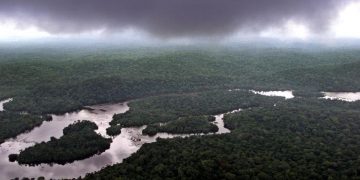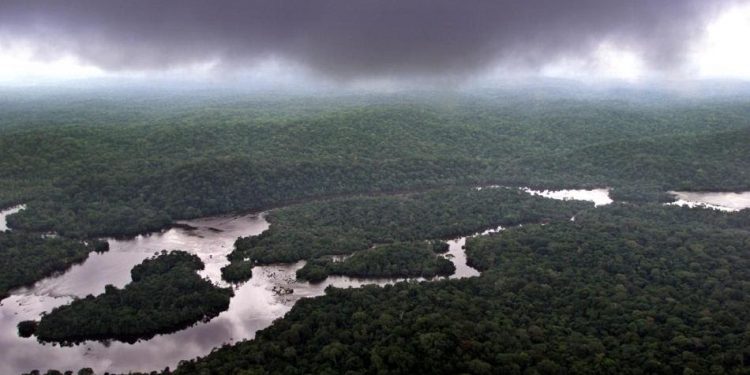By John Ikani
Gabon has become the first African country to receive payment for reducing carbon emissions by protecting its rainforest.
According to Gabon’s environment Ministry, the West African country received $17 million from the UN-backed Central African Forest Initiative (Cafi) in recompense for successfully cutting its carbon emissions by reducing deforestation and forest degradation.
CAFI is an organisation launched in 2015 by the United Nations and backed by international donors.
The scheme provides financial incentives to Central African governments to pursue economic growth without harming the vast forests that cover much of the region.
Its $17 million reward to Gabon came “after independent experts verified Gabon’s results” showing that the country’s carbon emissions in 2016-17 had dropped compared with the annual figures for 2006-15.
What you should know
The world’s rainforests are seen as a vital weapon in the fight against climate change by sucking out carbon dioxide from the atmosphere.
For many years, richer countries have sought to end deforestation in Africa and elsewhere by paying poorer nations to protect their trees.
This approach has generally failed to stop the tide of tree-cutting so these new results from Gabon are certainly encouraging.
Nearly 90 per cent of Gabon is covered by forest, which captures more carbon than the country emits.
The forests in Gabon alone “absorb a total of 140 million tonnes of CO2 each year, which is equivalent to removing 30 million cars from circulation throughout the world
In addition, Gabon has been a leader in Central Africa in preserving its rainforests, creating 13 national parks since 2000 that cover around 11 percent of the country.


































